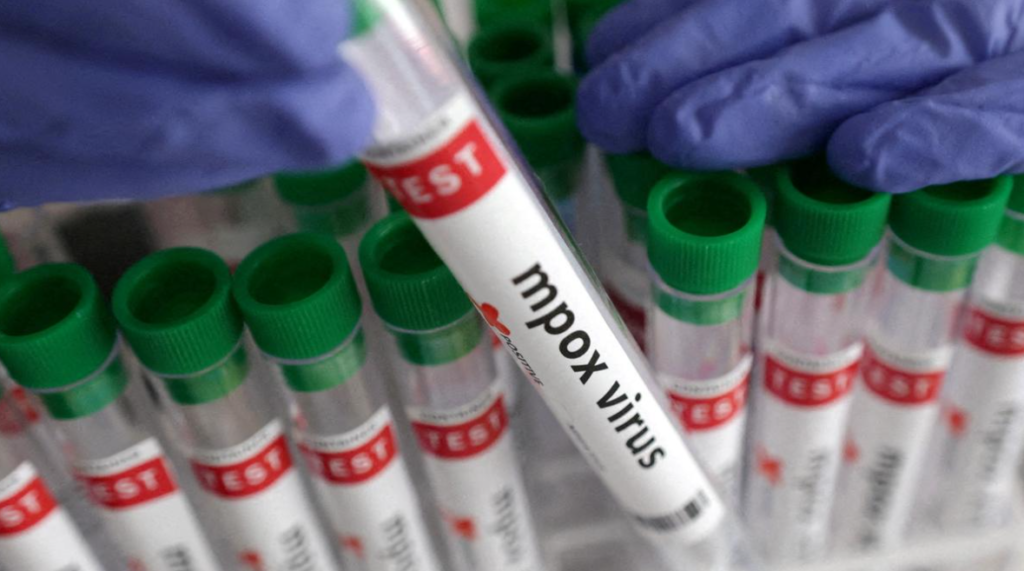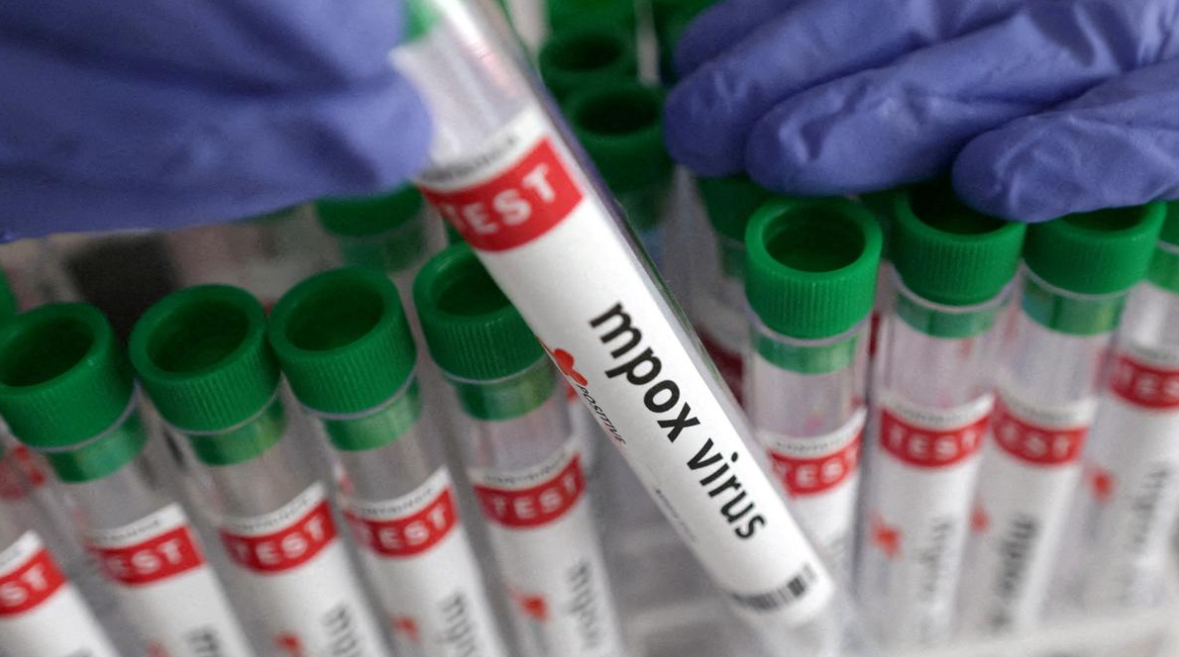Mpox
India Reports First Case of Clade 1 Variant of Mpox: What You Need to Know
India has reported its first case of the Clade 1 variant of Mpox (formerly known as monkeypox), adding to growing global concerns. The case was detected in a 38-year-old male who returned from the UAE and was admitted to a government hospital in Kerala. The appearance of this variant in India raises new questions about the virus, its symptoms, potential dangers, and how it might impact public health.
What is Mpox?
Mpox is a viral zoonotic disease caused by the monkeypox virus, a part of the Orthopoxvirus genus, which also includes smallpox. While the symptoms of Mpox resemble those of smallpox, it is less severe and typically less contagious. The disease was first identified in 1958 in monkeys used for research, which is how it got its name, though rodents are believed to be the primary carriers of the virus.
Initially found in the remote regions of Central and West Africa, Mpox has recently re-emerged globally, especially in non-endemic countries. The World Health Organization (WHO) has closely monitored the outbreaks and renamed the virus from “monkeypox” to “Mpox” to reduce stigma.
Mpox Variants: Understanding Clade 1
The virus has two main variants or clades: Clade 1 (also known as the Congo Basin clade) and Clade 2 (West African clade). The Clade 1 variant, now reported in India, is known to be more severe and has a higher mortality rate than Clade 2. Previous studies have suggested that Clade 1 can cause more systemic involvement, making it more dangerous, especially for individuals with weakened immune systems.
Symptoms of Mpox
The symptoms of Mpox generally appear within 6-13 days of exposure but can range from 5 to 21 days. The disease can present with various symptoms that resemble other poxviruses, particularly smallpox. Typical symptoms include:
- Fever
- Headache
- Muscle aches
- Back pain
- Swollen lymph nodes
- Chills
- Exhaustion
- Rash: A hallmark symptom, starting as flat red lesions that evolve into pustules and scabs, usually appearing on the face, hands, and feet but can spread to other parts of the body, including the genitals and mucous membranes.
The disease usually lasts for 2-4 weeks, and most cases resolve on their own without severe complications. However, severe cases can occur, particularly in younger individuals, pregnant women, and those with compromised immunity.
https://topnewssurf.com/nipah-virus-in-kerala/
How Dangerous is Mpox?
While Mpox is generally less severe than smallpox, it can still pose significant health risks. The Clade 1 variant, detected in India, has been associated with a higher case fatality rate, ranging from 1-10% in previous outbreaks, especially in individuals without access to proper medical care.
In particular, complications such as secondary bacterial infections, respiratory distress, sepsis, and encephalitis (brain inflammation) can occur in severe cases. The virus is typically spread through close contact with an infected person’s lesions, bodily fluids, or respiratory droplets, making it a concern for communities with dense populations or frequent international travel.

Mpox in India: Should We Be Concerned?
The detection of the Clade 1 variant in India is a cause for concern, particularly because it’s more severe than the Clade 2 variant, which has been spreading in several parts of the world in 2022. India’s health authorities have responded quickly by isolating the patient, initiating contact tracing, and alerting healthcare systems to prevent further spread.
Given that Mpox is not as easily transmitted as respiratory viruses like COVID-19, the risk of large-scale community outbreaks remains relatively low, especially with timely containment and isolation measures. However, individuals who have recently traveled to countries experiencing outbreaks should be cautious, especially if they develop symptoms.
Preventive Measures
The best way to prevent Mpox is through awareness and vigilance. Some of the key preventive measures include:
- Avoid close contact with individuals showing symptoms of Mpox, particularly those with a rash.
- Hygiene: Frequent handwashing with soap and water or using alcohol-based hand sanitizers.
- Isolation: Infected individuals should self-isolate until their lesions have healed, and all scabs have fallen off.
- Vaccination: Smallpox vaccines, especially the newer modified vaccines, have shown effectiveness in preventing Mpox. In some countries, high-risk groups are being vaccinated to prevent the spread of the virus.
India’s first reported case of the Clade 1 variant of Mpox has heightened the need for vigilance. Although the virus spreads less rapidly than other pathogens, its potential severity, particularly with the Clade 1 strain, cannot be ignored. Public health authorities are taking swift action to prevent further transmission, and as long as the public remains cautious and informed, the risk of a widespread outbreak can be minimized.




